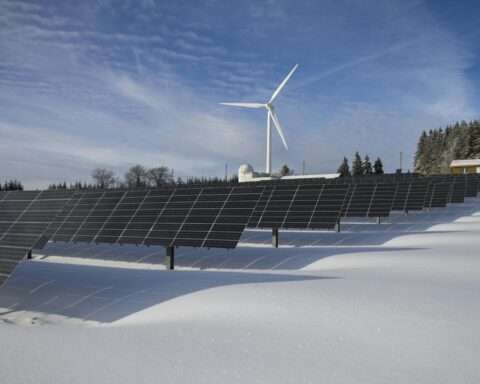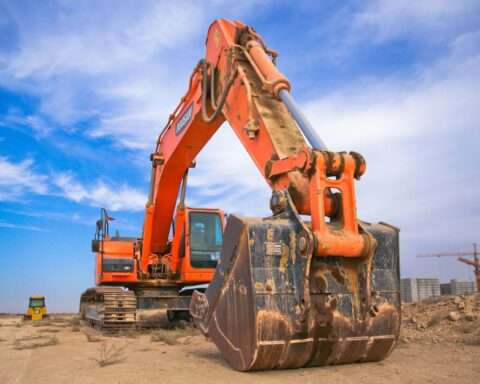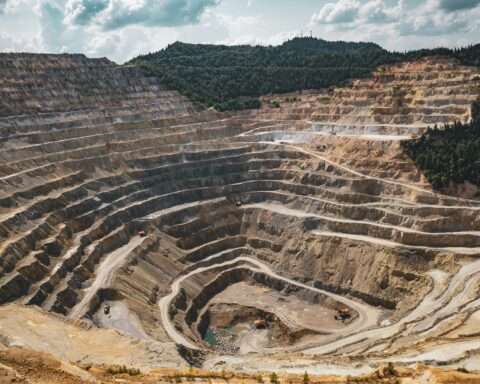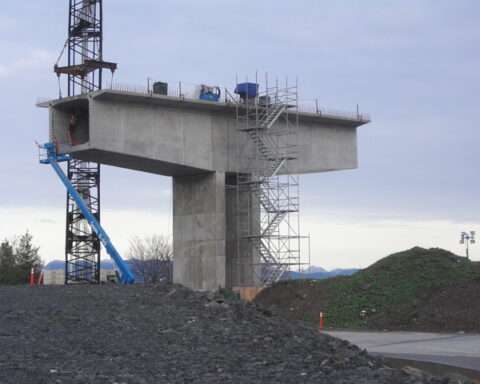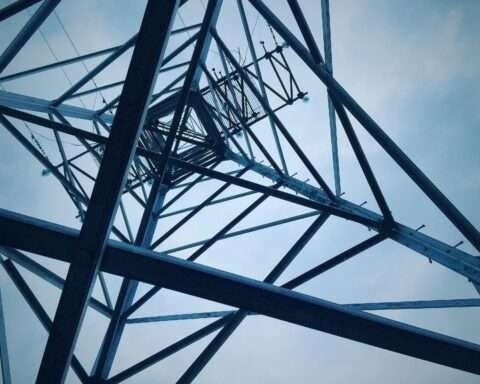The Department of Energy is making up to $3.5 billion available to build facilities to boost supply chains necessary to produce batteries critical to advancing clean energy efforts.
The announcement is the second phase of a $6 billion program made available through the $50 billion Bipartisan Infrastructure Law. The first phase — which involved awarding $2.8 million in grants to 20 companies in 12 states — was announced in October 2022.
Facilities that produce battery-grade processed critical minerals, battery precursor materials and components, and cell and cell pack manufacturing are eligible. New builds, retrofits and expansions will all be considered for funding.
The demand for electric vehicles and stationary storage is projected to increase the size of the lithium battery market by “five- to ten-fold by the end of the decade,” the DOE said, adding that the program would promote collective bargaining agreements and projects that command high hourly wages for workers.
“Positioning the United States front and center to meet the growing demand for advanced batteries is how we boost our global competitiveness, maintain and create good-paying jobs, and strengthen our clean energy economy,” U.S. Secretary of Energy Jennifer M. Granholm said.
The program is being administered by the DOE’s Office of Manufacturing and Energy Supply Chains (MESC).





